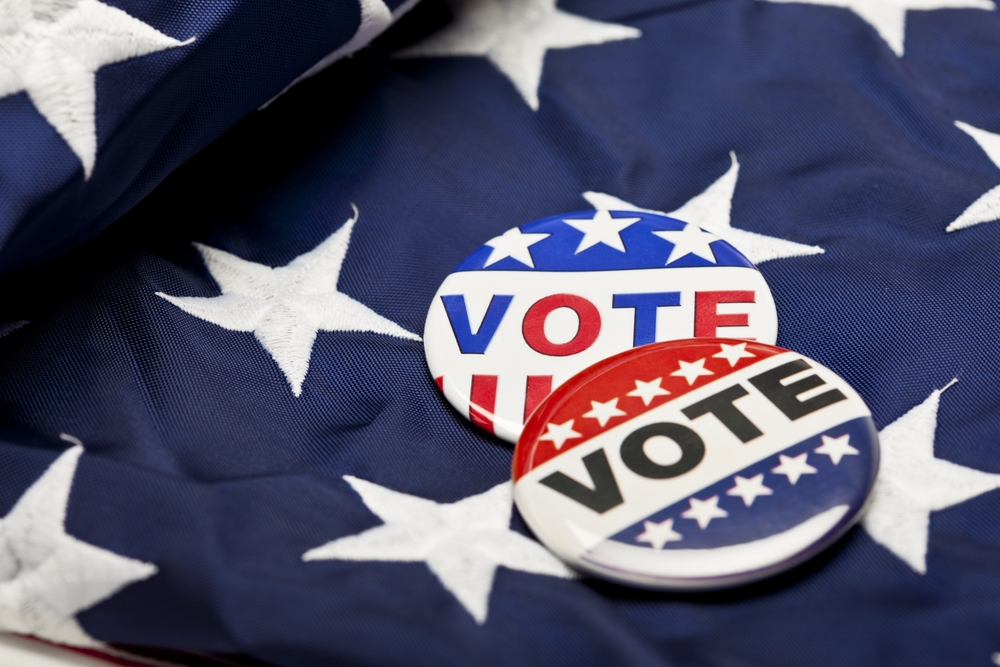At the conclusion of the third presidential debate, Republican nominee Donald Trump refused to commit to accepting the eventual election outcome.
Led by his opponent Hillary Clinton, commentators and the media were convulsed in sanctimonious fits claiming Trump’s refusal was an attack on the American democratic system.
A Washington Post headline read: “Trump’s election-rigging allegations are affecting people’s faith in democracy.”
A conservative newsletter alleged that U.S. government agencies were arming quietly to counteract the civil unrest that might arise after a Trump election defeat.
This sudden, if hypocritical, concern about respect for the rule of law reminded me of the abject poverty both candidates have demonstrated thus far in the 2016 election about their understanding of, or adherence to, the United States Constitution.
The 2016 election has been overloaded with superfluous, titillating issues, while both major candidates ignored truly crucial issues — the massive loss of our personal privacy and freedom in a police state, the country’s imminent collapse under $20 trillion in debt, government controlled by favored financial interests that buy politicians, a failed education system, and very real threats, both foreign and domestic.
American history, a forgotten subject in our schools, is replete with close, even dare I say, rigged elections … and compromise.
A Government of Compromise
After the election of 1824, John Quincy Adams was elected president in 1825 over Andrew Jackson by the House of Representatives. No candidate had a majority of the electoral vote, but Jackson had a plurality, a source of great bitterness for Jackson supporters, who proclaimed the election of Adams a corrupt bargain.
In 1876, Samuel J. Tilden, the Democratic candidate, had a popular majority but lacked one vote to carry a majority of the electoral college. Almost until Inauguration Day, Democrats in Congress blocked a decision until Republicans privately agreed to remove federal troops from the South, effectively ending Reconstruction and abandoning African-Americans to their Jim Crow fate. Republican Rutherford Hayes became president in what became known as the Compromise of 1877.
I well remember the election of 1960 when I was active nationally in College Youth for Nixon. John F. Kennedy defeated Nixon by a margin of only 118,571 votes, just a tenth of a percent, out of over 68 million popular votes cast — the needed votes provided in Chicago by Mayor Daley’s ballot-stuffing machine. Nixon declined to contest the outcome because he believed that would cause prolonged national political turmoil.
In 2000, in a replay of the Hayes-Tilden debacle, George W. Bush defeated Albert Gore, who had the majority of popular votes, but only after the U.S. Supreme Court decided who got Florida’s electoral votes. Vice President Gore conceded and called on his supporters to accept the outcome.
Or we can go back to 1800, when among five candidates, Thomas Jefferson and Aaron Burr were tied with 73 electoral votes each. Under the rules then in place, the U.S. House of Representatives voted for Jefferson as president.
The Right to Logical Public Discourse
In 1787, Jefferson, then our emissary in France, wrote a letter with words that have been quoted to affirm the right of the American people to rebel against the government: “The tree of liberty must be refreshed from time to time with the blood of patriots and tyrants. It is its natural manure.”
Jefferson wrote shortly after Shays’ Rebellion, an armed anti-tax uprising in Massachusetts, and he rightfully felt the Americans’ “lethargy” and ignorance about issues would destroy the nation.
Noting that people are rarely well-informed on all issues, Jefferson suggested: “The remedy is to set them right as to facts, pardon and pacify them. The remedy is not suppression or rejection of public discontent, rather persuasion and public discourse.”
Unfortunately for our beloved country, the 2016 election has produced little if any logical persuasion, but surely a surfeit of manure — which renews my previous advice given to readers of The Bauman Letter: “Hold your nose and vote.”
Yours for liberty,
![]()
Bob Bauman JD
Chairman, Freedom Alliance









